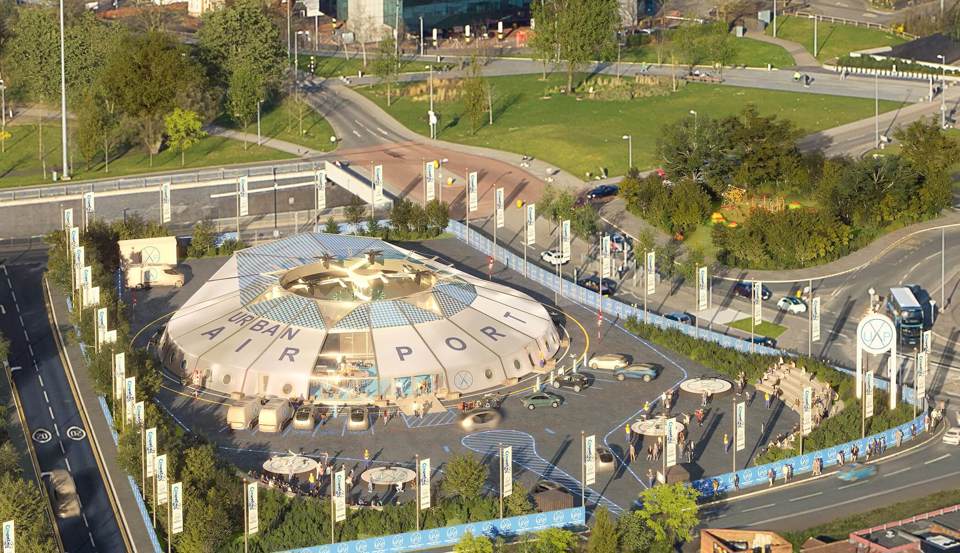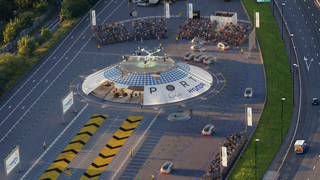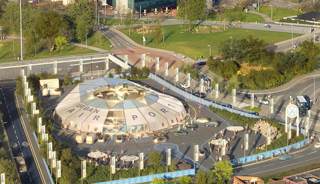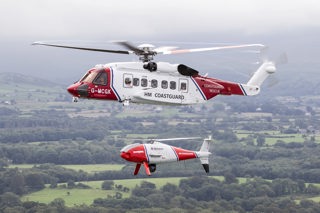Urban-Air Port and the Urban Air Mobility division of Hyundai Motor Group plan to develop 65 electric urban-air ports worldwide to meet the growing demand for autonomous airborne drones and electric vertical take-off and landing (eVTOL) passenger vehicles.
The partnership aims to establish a global network of urban-air ports and provide the essential infrastructure to unlock clean urban air mobility worldwide.
Investment in the urban air mobility industry has increased significantly, but the lack of infrastructure to support these vehicles remains a major block on market growth.
Urban-Air Port says it is the only company solely focused on deploying the infrastructure-technology essential for eVTOLs and delivery drones to operate. It plans to plug the infrastructure gap with more than 200 electric air mobility hubs worldwide in the next five years to meet expected global demand.
Ricky Sandhu, founder and executive chairman of Urban-Air Port, said: “The sector is soaring and we know that a future with electric flying vehicles and drones in cities is going to be a reality soon.
"But it can’t happen if we don’t have the infrastructure on the ground and in the air to make it happen. Urban-Air Port will change the way we travel forever – unlocking clean urban air transport for everyone, improving connectivity in congested cities, cutting pollution and boosting productivity.”
Urban-Air Port’s modular hubs are specifically designed for compact environments, supporting any eVTOL or drone vehicle, and with maintenance and charging able to take place on-site.
The ultra-compact off-grid design enables urban-air ports to be located in dense urban areas and remote locations and can be easily moved to alternative sites, as the air-mobility sector develops. This design also means the sites are ideal for disaster emergency management, such as natural disasters.
They can be used to rapidly deploy drones and other eVTOL vehicles to collect and transport emergency supplies, equipment and people where needed.
Urban-Air Port has partnered with Hydrogen Fuel Cell pioneer, AFC Energy, to provide zero emission off-grid power for future sites. The system will be deployed at Urban-Air Port’s Air One site in Coventry.
Hyundai Motor Group will work with Urban-Air Port to develop 65 sites in key locations across the US, UK, EU and Asia Pacific.
The partnership represents a statement of confidence in the ability of the UK-based company to unlock the global market before 2030 and is an integral part of Hyundai Motor Group’s vision to provide smart mobility solutions for the changing world. The Group is developing its own eVTOL vehicle, in tandem with helping create the supporting ecosystem, and plans to enter service in 2028.
Video: Hyundai’s Urban Air Mobility























Login to comment
Comments
No comments have been made yet.